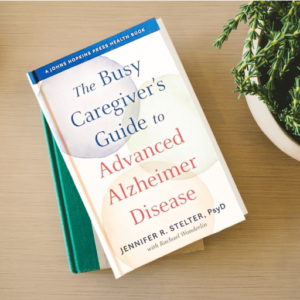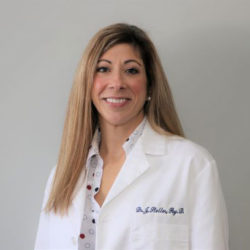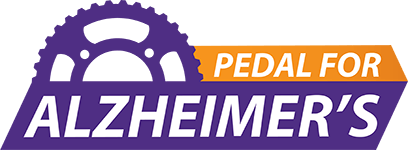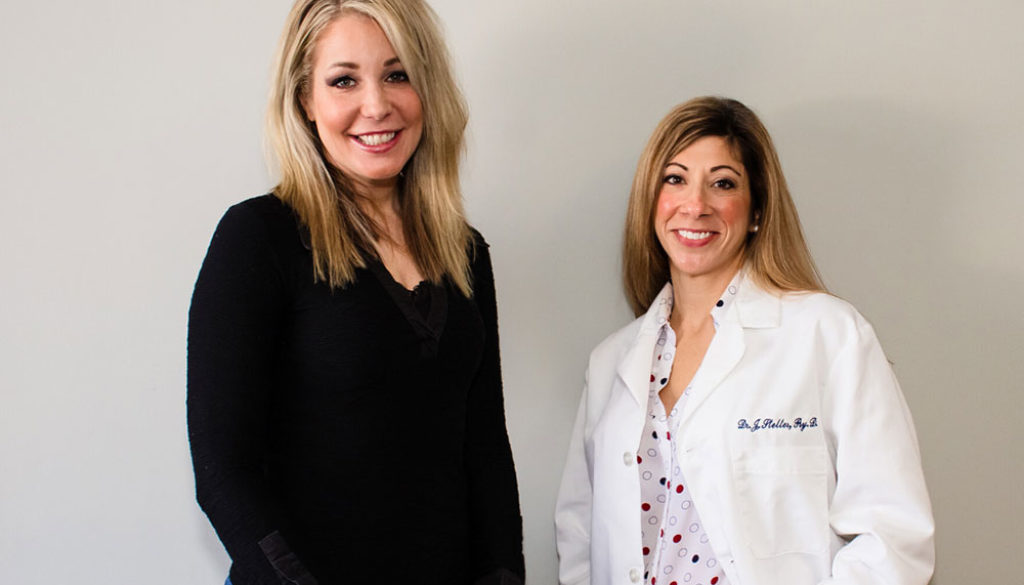Connecting to Those Who Have Dementia. It’s Simple.
Caregivers of those with dementia experience a wide range of emotions during their caregiving journey, including a sense of loss that they can no longer connect to that person, like they could before. Or, for those who are new to caregiving for that individual, they just can’t feel successful in aligning with them. With many frustrating interactions, they find themselves saying things like “This isn’t who my mom is” or “I just can’t seem to do anything right for her” or “Why does this keep happening?”, leaving the caregiver feeling hopeless.
What would make that individual with dementia happy again, to feel safe and secure, and calm? Although this can seem impossible to imagine, it can be quite simple. For their own sanity and peace, the caregiver needs to lower their expectations of the person they are caring for. There is a level of acceptance needed that the person they are caring for does not have all the skill-abilities as a fully-functioning adult, yet the developmental level of a young adolescent, according to Dr. Barry Reisberg’s research and his theory of retrogenesis. Therefore, their chronological age does not match their developmental age. As the disease progresses, the person’s skill abilities go in the reverse order in which they learned them (i.e., their skills are reversing towards infancy), including mobility, communication and language, coping, independent activities of daily living (IADL’s) (like managing money, prescriptions, etc.), and then ADL’s (like dressing, grooming, etc.). This also includes how the person learns and navigates their world – adapting to a new world they now live in – as it mimics very similarly to the world a young child lives in between ages 7 years old to 4 weeks old, indicated by Dr. Reisberg. In this new world, the person with dementia is using their senses to understand what is happening around them, and these stimuli influence the person’s mood and memories all the time, very similarly to an adolescent’s experience before the first 5 years of life. This does not mean we treat those with dementia like children, but better yet we put ourselves in that person’s shoes to understand clearer what they are capable of. This leads to acceptance.
When a person with dementia is stimulated using their senses, that information is processed either directly or indirectly in the limbic system of their brain that houses the amygdala (feelings) and hippocampus (memories). Therefore, positive stimuli should be used to promote positive feelings and memories (i.e., sensory stimulation). And when the caregiver is the one providing these positive experiences, the person with dementia will either connect or re-connect with them because they like how they feel with that person. The key to this connection is to consistently (i.e., structured, daily) provide these positive experiences in order to reinforce the connection and skills to maintain their highest level of independence for as long as possible (also called habilitation).
This framework I described above is called the Dementia Connection Model©, utilizing Dr. Reisberg’s theory of retrogenesis (the WHO & WHY), the act of habilitation (reinforcing skills consistently, over and over) (the HOW & WHEN), and intervening using sensory stimulation (the WHAT). With over 10 years of research and hands-on work with individuals with dementia, caregivers and staff, I created this model to provide an avenue of acceptance and a better understanding of the progression, as well as to put tangible tools in caregivers’ hands, so that there is a strong, harmonious connection between the person with dementia and their care partner.
Multi-sensory based tools have been clinically proven to enhance the life of those living with dementia. Tools include preferred music (auditory stimulation), aromatherapy (olfactory stimulation), pet and infant-doll therapy (tactile stimulation amongst others), using colors to one’s advantage (visual stimulation), and many more.
When the caregiver is better educated and prepared, this sets them up to feel confident and competent. In turn, they provide better quality care and engagement. Then, the person with dementia benefits because they can freely be themselves as they are now, without judgements, controls, and expectations. Their world is and should be filled with ‘sunshine and roses’; it’s that simple.
For more information, stay informed about the newly opened Dementia Connection Institute by NeuroEssence, LLC. And read more about the Dementia Connection Model© in my newly released workbook-style guide called The Busy Caregiver’s Guide to Advanced Alzheimer Disease, published by Johns Hopkins Press, available at Amazon, Barnes and Noble and Johns Hopkins Press Bookstore.




